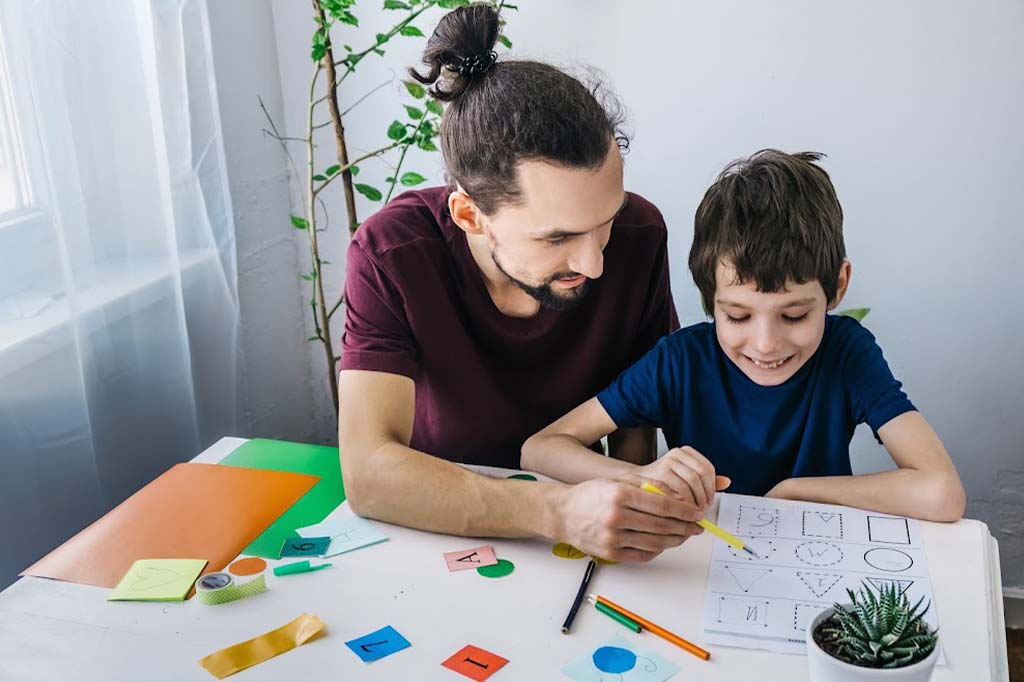ust because younger people don’t have to worry about mortgages and bank accounts doesn’t mean they’re not suffering from stress and other mental health problems. In fact, one recent report found that 27% of younger people feel anxiety within the last week, while 15 percent feel depressed. Believe it or not, more than half of young people at risk of mental health problems don’t have access to the therapy they need to ensure their well-being.
Taking Care of Children’s Mental Health: A Quick Guide
Children’s mental health is often neglected because parents don’t know where to look or how to handle their kids’ behavioral or developmental disorders. As a result, they don’t pay attention to the telltale signs of depression or disruptive behavior and are left feeling hopeless or even guilty because they don’t know what to do.
However, if you want to take care of your child’s mental health, you can’t allow the challenge of identifying symptoms to get in the way. You have to keep your eyes open, so you will know when something is wrong and force yourself to believe that something is wrong even when there are no obvious signs.
What Parents and Caregivers Can Do
1 – Keep Communication Open
The most important thing you can do for your kids is to make sure there is open communication. You can’t let their feelings remain contained because you will never know what’s going on in their minds.
Make it a habit to visit them in their rooms when they’re doing homework and embrace the opportunities to ask how they’re feeling and what they’re thinking.
2 – Let Them Know You’re There for Them
You shouldn’t wait for them to ask you for help because they may not. The best way to show them you are there to help them is to speak up. Let them know that they can come to you if they need to talk to someone.
3 – Understand the Signs
You should be able to recognize the signs of depression, anxiety, and other mental health issues if you are going to help your kids manage these problems. One of the most common signs of depression is a change in appetite. If your kids are eating less or losing a lot of weight, they may be depressed. Another common sign is difficulty sleeping — if your child is having trouble falling asleep or staying asleep, they may be depressed.
4 – Know When to Seek a Professional’s Help
If you notice these signs in your children, it’s important that you do something about it before it becomes a bigger problem. Speak to your pediatrician about this because they will have a better sense of when your child needs professional help for such a difficult issue.
A Word From Allied Healers
Children are especially vulnerable to the harmful effects of depression, but they are also at a higher risk of never experiencing the benefits of therapy. Make sure your kids have access to the mental health care they need and deserve by speaking up on their behalf.
If you think your child needs to get help, contact Children Psych. We provide individualized psychiatric mental health care for children and families in Orange, California, Long Beach, California, Phoenix, Arizona, and may other cities. We have psychiatrists and Board-certified psychiatric nurse practitioners that work together to ally with families, children, and adolescents who struggle with mental health and substance use disorders to improve their quality of life.

